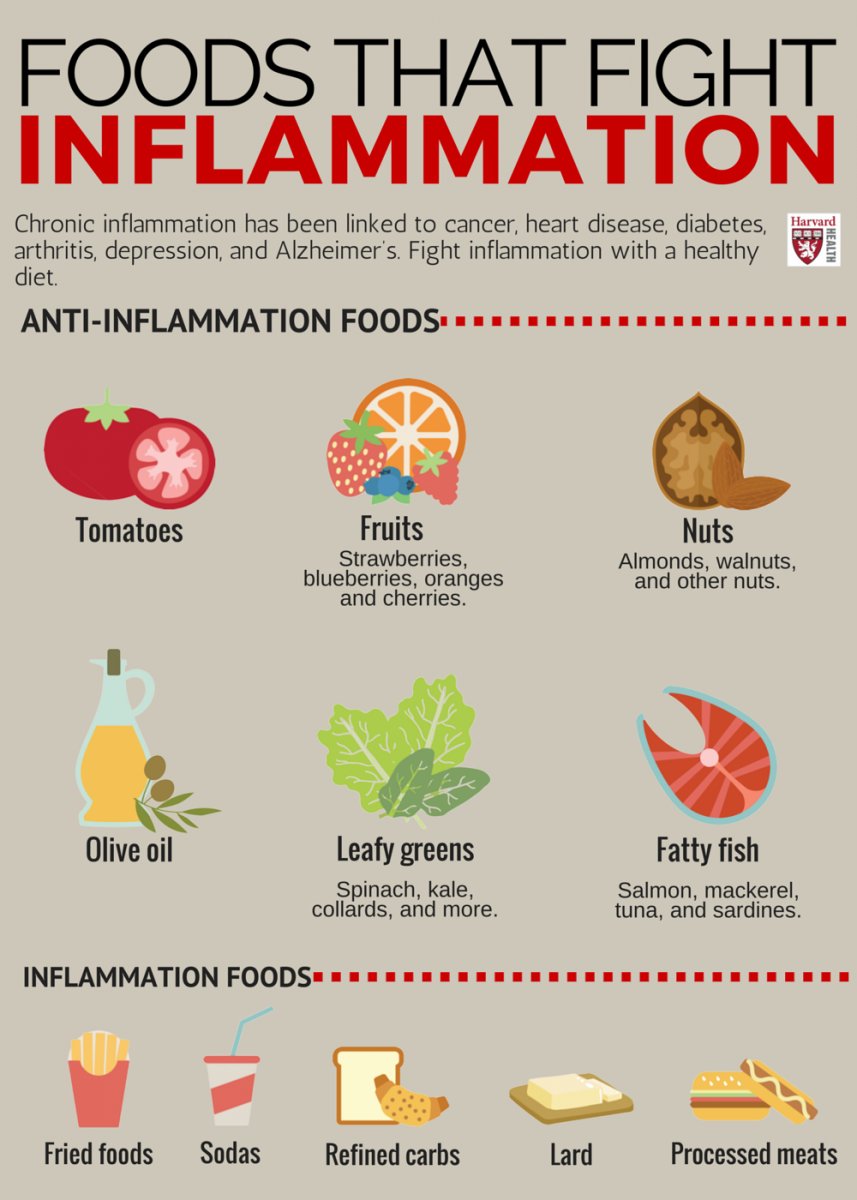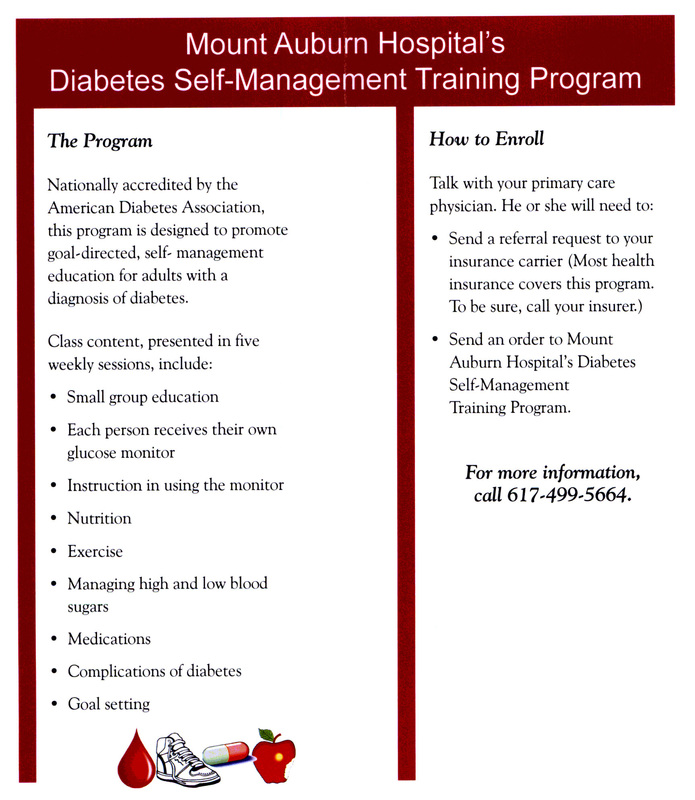- HOME PAGE
- WELCOME TO BMA
- HIPAA AND PRIVACY PRACTICES
- "MYCHART" health portal
- MOUNT AUBURN HOSPITAL
- After Hours Emergency Calls
- PCP, NP and PA Profiles
- Our Specialists and Specialty Services
- MT AUBURN DIABETES CENTER
- ABOUT OUR OFFICE
- Being Our Patient
- REFERRALS : online request form
- Patient LIBRARY
- Turning 65? MEDICARE explained
- Medicare Annual Wellness Visit
- FIVE WISHES AND HEALTHCARE PROXY
- Social Work Care Coordination
- Quality Care Measures
- CareGroup Parmenter Home Care and Hospice
- MACIPA
- BULLETIN BOARD
- In Memoriam
- Job opportunities
NUTRITION SERVICES
While not part of Beth Israel Lahey Health Primary Care :
Belmont Medical Associates
we refer our patients to
Belmont Medical Associates
we refer our patients to
Sophia C. Kamveris, MS, RD, LD
22 Mill Street, Suite 105,
Arlington, MA 02474
617-515-8984
[email protected]
22 Mill Street, Suite 105,
Arlington, MA 02474
617-515-8984
[email protected]
Roseann Cutroni, MS, RD, LDN
29 Massachusetts Avenue,
Arlington, MA 02474
617-484-9029
29 Massachusetts Avenue,
Arlington, MA 02474
617-484-9029
Stacey A. DiModica, RN, BSN, CDE
Certified Diabetic Educator
725 Concord Ave, Suite 3300, Cambridge, MA
617-864-8822 ext 218
[email protected]
Certified Diabetic Educator
725 Concord Ave, Suite 3300, Cambridge, MA
617-864-8822 ext 218
[email protected]
Becky Anthony, RN, BSN, CDE
Certified Diabetic Educator
Walk In Center at Mt Auburn Hospital
617-499-5664
[email protected]
Certified Diabetic Educator
Walk In Center at Mt Auburn Hospital
617-499-5664
[email protected]
What is the Difference between a Nutritionist and a Dietician?
The two careers paths that deal exclusively with diet, food, and nutrition – dietitians and nutritionists – are certainly similar, but not quite interchangeable. So what are the differences? Dietitians and nutritionists are both experts in food and diet. They’ve studied how diet, nutrition, and supplements affect your body and your health. Both are considered to be healthcare professions. The simplest difference might be that dietitians are considered to be nutritionists, but not all nutritionists are dietitians.
Dietitians
Generally speaking, the role of dietitian is more regulated than that of a nutritionist. While anyone can go to school to study health and nutrition, in the United States, depending on where a person wants to practice, there are certain licensures and certifications a dietitian has to earn to be able to work.
After earning a bachelor’s degree at an accredited university in a field like nutrition science, a dietitian usually has to complete an internship or practice program at a health care facility, food service company, hospital, or other organization where their health advice and research can be monitored and supervised.
After a successful working internship, a dietitian student can sit for their national examination; once they pass, they are free to practice as a R.D, or registered dietitian.
The main work of a dietitian is to organize food and nutrition plan and promote healthy eating habits to prevent and treat illness. They find work in food service businesses, or working with patients in hospitals, clinics and other healthcare facilities. Dietitians also work at colleges and universities, where they may teach nutrition and health classes, do research or focus and speak on public health issues.
Nutritionists
In the US, the title “nutritionist” is not as regulated as “dietitian”, and tends to have a broader, more general meaning. The title is not generally protected, meaning that it can be used by anyone, unlike “doctor”, for instance, which requires proof of qualifications.
However, most nutritionists have also studied diet and nutrition, and may have a graduate degree – either a master’s of science or Ph.D. There are nutritionist certification boards, which require applicants to have these advanced degrees from an accredited college along with practical experience before taking their certification exam. Nutritionists who pass this test may refer to themselves as certified nutrition specialists, or C.N.S, which is a protected title.
The two careers paths that deal exclusively with diet, food, and nutrition – dietitians and nutritionists – are certainly similar, but not quite interchangeable. So what are the differences? Dietitians and nutritionists are both experts in food and diet. They’ve studied how diet, nutrition, and supplements affect your body and your health. Both are considered to be healthcare professions. The simplest difference might be that dietitians are considered to be nutritionists, but not all nutritionists are dietitians.
Dietitians
Generally speaking, the role of dietitian is more regulated than that of a nutritionist. While anyone can go to school to study health and nutrition, in the United States, depending on where a person wants to practice, there are certain licensures and certifications a dietitian has to earn to be able to work.
After earning a bachelor’s degree at an accredited university in a field like nutrition science, a dietitian usually has to complete an internship or practice program at a health care facility, food service company, hospital, or other organization where their health advice and research can be monitored and supervised.
After a successful working internship, a dietitian student can sit for their national examination; once they pass, they are free to practice as a R.D, or registered dietitian.
The main work of a dietitian is to organize food and nutrition plan and promote healthy eating habits to prevent and treat illness. They find work in food service businesses, or working with patients in hospitals, clinics and other healthcare facilities. Dietitians also work at colleges and universities, where they may teach nutrition and health classes, do research or focus and speak on public health issues.
Nutritionists
In the US, the title “nutritionist” is not as regulated as “dietitian”, and tends to have a broader, more general meaning. The title is not generally protected, meaning that it can be used by anyone, unlike “doctor”, for instance, which requires proof of qualifications.
However, most nutritionists have also studied diet and nutrition, and may have a graduate degree – either a master’s of science or Ph.D. There are nutritionist certification boards, which require applicants to have these advanced degrees from an accredited college along with practical experience before taking their certification exam. Nutritionists who pass this test may refer to themselves as certified nutrition specialists, or C.N.S, which is a protected title.



